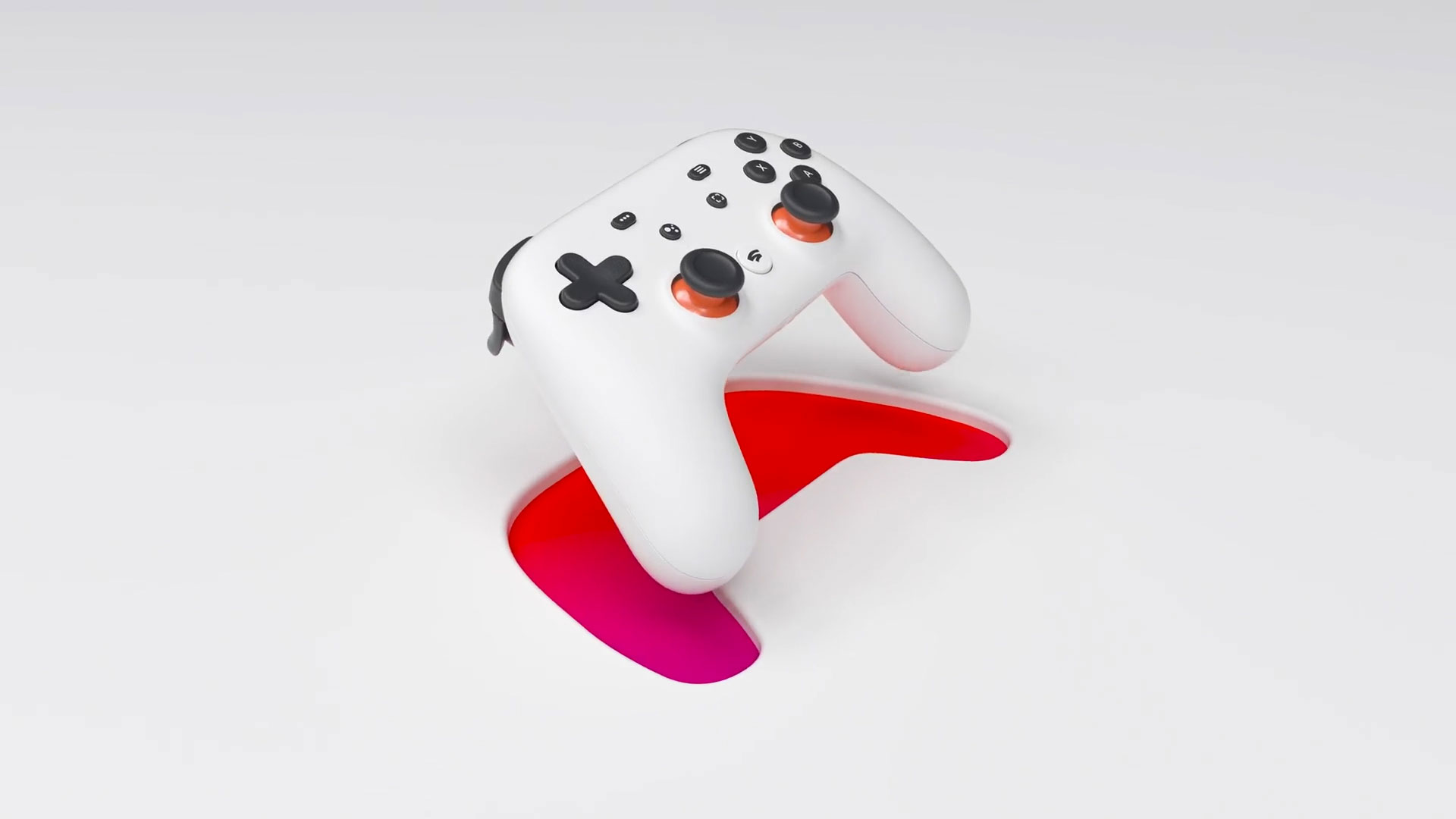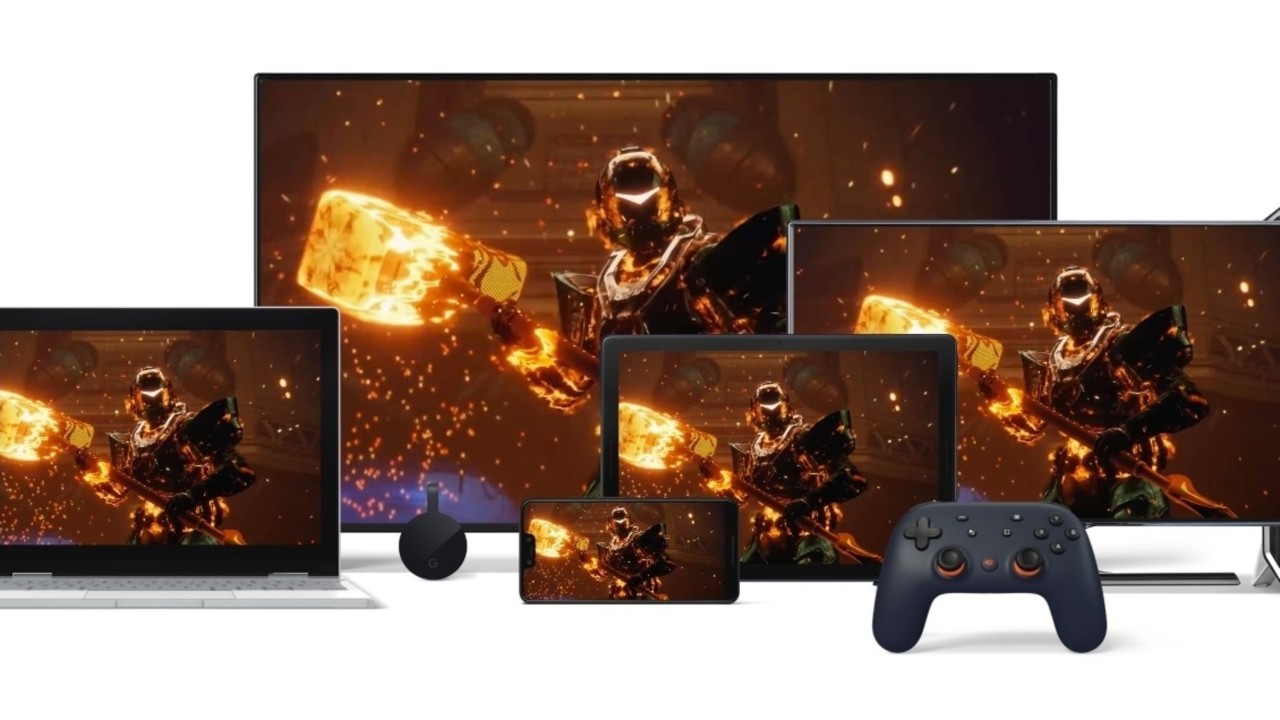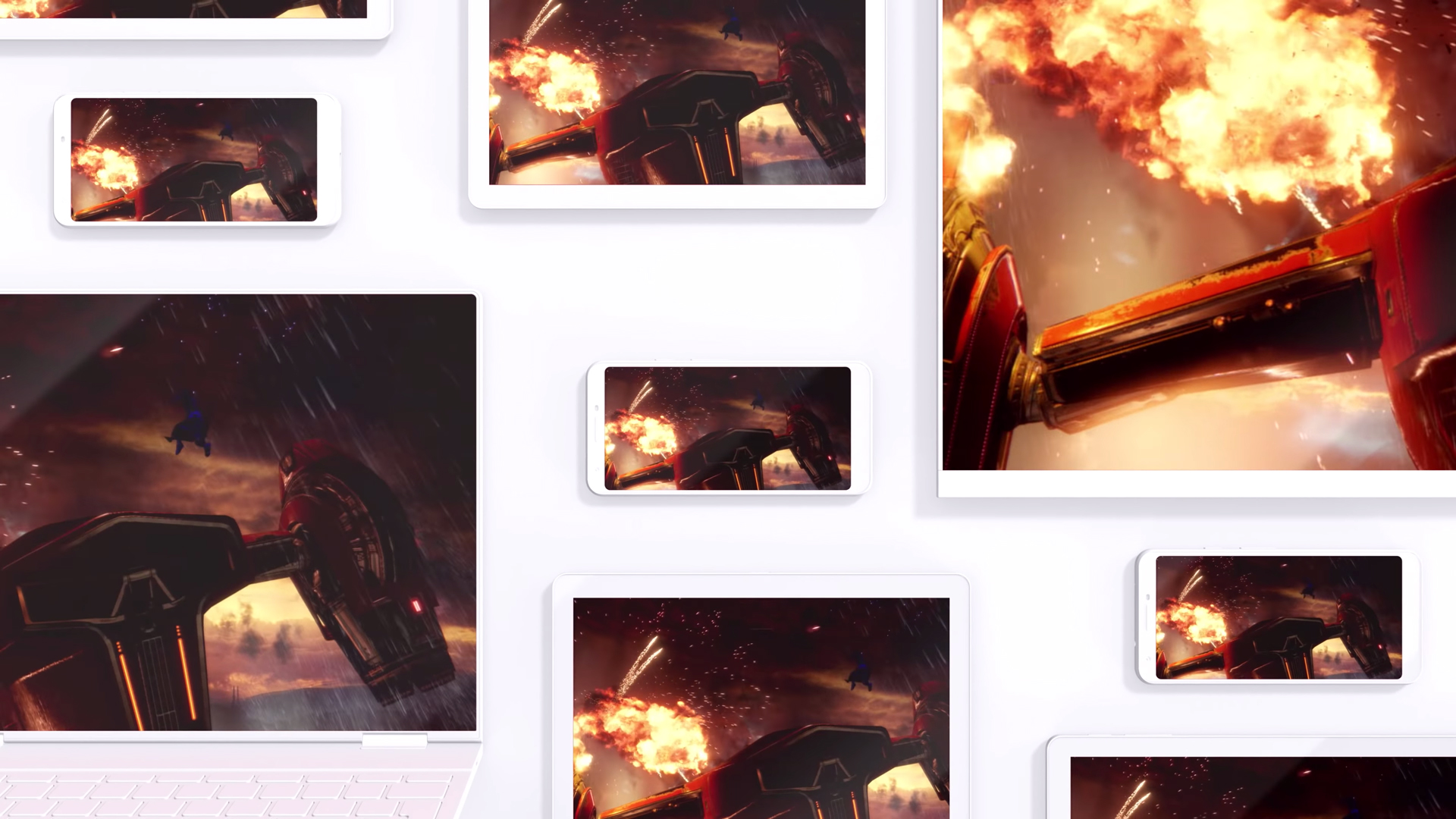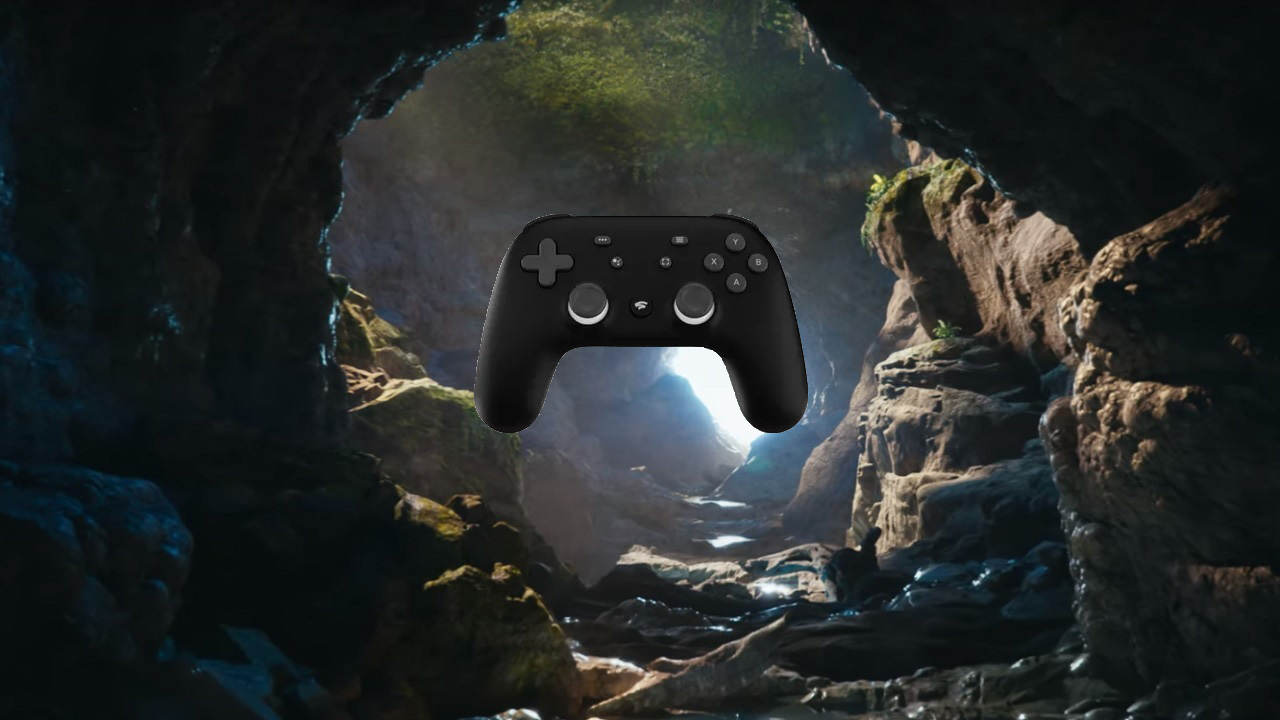Google Stadia is a complicated sell, and now I can’t even give it away
Concerns and misunderstandings mean Google Stadia Buddy Passes are rendered useless

Google Stadia has had a troubled inception. The cloud-based game streaming service, which launched in November 2019, arrived short on the features it promised to those who'd pre-ordered the Founder's Edition, including omitting the Buddy Pass – three month's premium access to the service to gift to friends, which includes a curated selection of free games and the "Pro" tier performance of 4K HDR visuals and surround sound. While these passes were added to Founders' accounts shortly after launch, with a second awarded as a surprise just before Christmas, I've stumbled on a problem Google probably didn't account for – I literally can't give them away.
For the record, I quite like Stadia as a platform. Tequila Works' Gylt is a great first exclusive, and having a strong internet connection at home has meant the service has worked as advertised – although Google still has a long way to go if it wants to deliver on its promises of a stable, playable performance when gaming on the go, especially if relying on any form of public WiFi. There's huge potential for it too, from the Stadia Connect feature, which allows games such as Tom Clancy's Ghost Recon Breakpoint to offer picture-in-picture streams of your teammates' real-time view – something consoles or even high-end PCs would struggle to deliver – or the allure of the YouTube 'State Share' integration which, hypothetically, will allow players to jump into a game from a streamer's save.

Even the simple power factor of Stadia being able to leverage more power from servers and – again hypothetically – outperform local, static hardware to deliver constantly evolving game experiences is tantalising in its own way. Yet having spent the last few months unsuccessfully trying to tempt friends to check out the service with me, it seems that the biggest hurdle seems to be widespread confusion over what Stadia fundamentally is.
Many of the people I've offered the passes to – all gamers, all tech-savvy – turned out to either barely know that Stadia existed or, if they'd heard of it at all, thought it something akin to Netflix, with an all-you-can-eat buffet of games available to subscribers. When they realised it's not, interest typically dissipated.
For one friend, concerns over the broadband speeds Stadia requires and no sense of ownership were reasons enough to decline even a free trial. Although the recommended connection speed for 4K HDR content is a reasonable 35Mbps, poor street-to-home broadband infrastructure in his area meant he typically received an average 18Mbps, so Stadia's best quality is functionally unavailable to him. He also cited distrust in a cloud-based model, saying "the whole idea of buying games that sit on a cloud server is weird. I like some guarantee that my games won't disappear randomly from my collection overnight. I've got a bit more trust in Steam / GOG than Google's streaming model."
Where is the "Netflix of games"?

This is one of the key obstacles Google needs to overcome if it is to win players over for Stadia, cultivating a belief that the service will last, that money spent on it won't be wasted. Games were, for decades, locked to their platform of release – but once you owned the cartridge or disc, it was yours to play for as long as you have a working machine to play it on. Nowadays, despite digital distribution being king, players still typically have their purchase locally installed, offering a sense of possession. Even so, if a game is removed from a digital storefront, players may occasionally find they're unable to re-download their purchases. Google is asking players to trust that Stadia is sticking around, and that the £54.99 it's currently charging to buy Metro Exodus Gold Edition won't be money thrown into the ether if it shuts down the service in a few years. That's a big ask for an audience that has become hoarders by nature.

An extension of this problem is that Stadia demands a wholesale change in commercial behaviour. The games industry's tradition of iterative upgrades means that many players expect some form of hardware to play games on, yet Stadia's only physical product is its dedicated controller – which is itself optional, as Stadia-the-service will recognise a multitude of joypads. That's no bad thing, but it requires a wholesale shift in thinking from players, one that the majority may not yet be ready for.
Weekly digests, tales from the communities you love, and more
Another friend was more dismissive of the whole prospect of Stadia, telling me "I've got no idea what it's for or what I'd get from it. I've got enough games platforms I don't use." Others lamented the currently meagre software offering on Stadia, the prices of the games that are there, and the interface. Showing one person that you have to buy games through a separate app was a death knell to what had been a cautious interest.

Although the friends I've offered Stadia Buddy Passes to are all very much in Google's target demographic, they just don't seem to be on board with what the service offers. I wondered if this was just an anecdotal coincidence though, and contacted Google Stadia to see if it had any figures on Buddy Pass uptake.
"Those numbers aren't available," a Google representative told me.
Ultimately, Google may need to rethink what Stadia is. While the company may want to sell games individually, the market seems to want something else. The only glimmer of interest or excitement I saw in people I offered the Buddy Passes to came from those who thought it really was a "Netflix of games". To many consumers, that's simply what streaming media is – whether its video (Netflix, Amazon Prime, Disney+), music (Spotify, Tidal), or even other gaming providers (Apple Arcade, or the defunct OnLive), they expect to pay a monthly fee to gain access to a content library. Stadia's offering of per-game purchases, with a monthly subscription to unlock better audio-visual performance, is confusing at best, unattractive at worst.
I don't expect Stadia to disappear any time soon. The tech giant is showing it's willing to put time and investment into making the platform attractive, and is aware it needs to play a slow game – back in October 2019, Jade Raymond, head of Stadia, said (link: https://www.gamesindustry.biz/articles/2019-10-24-google-is-making-a-spectrum-of-bets-on-stadia-content) that "It is a long term view that Google is taking. For a big bet and a huge new IP that's going to fully leverage the cloud, it may be several years."
By 2025, we may all be thinking about game streaming differently, especially as rivals PlayStation Now and Microsoft xCloud become more prominent as we enter another hardware generation. Yet if my experiences trying to give Stadia away for free here in 2020 are any indication, Google may need to fundamentally re-evaluate what exactly it's offering with Stadia, and how it offers it, before enough players show real interest.
The search engine giant isn't stopping though, check out its Google Stadia 2020 plans.
Matt Kamen is a freelance journalist specialising in games, media, and technology. His work can be found online and in print for publications like Empire, Wired, GamesRadar, Newsarama, The Observer, and more.


